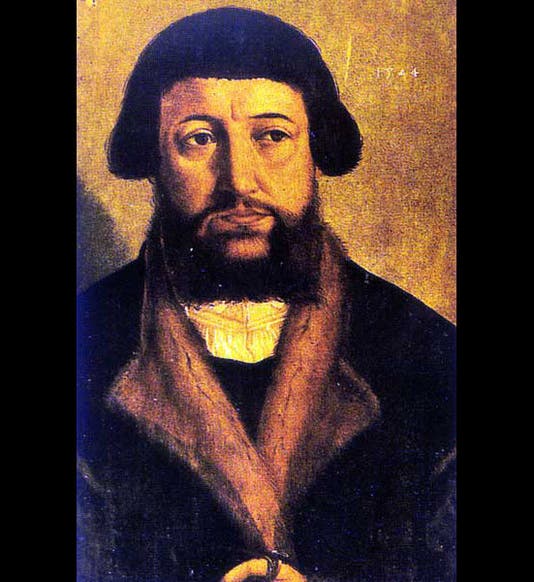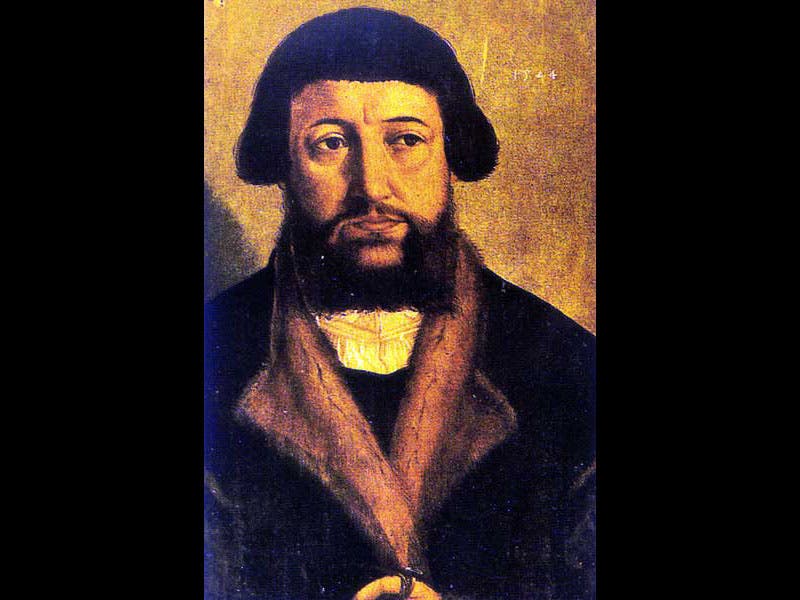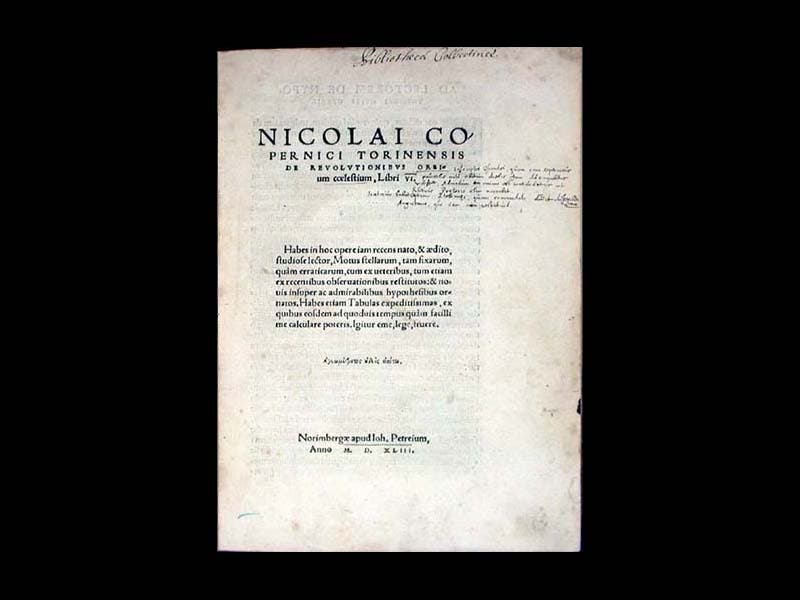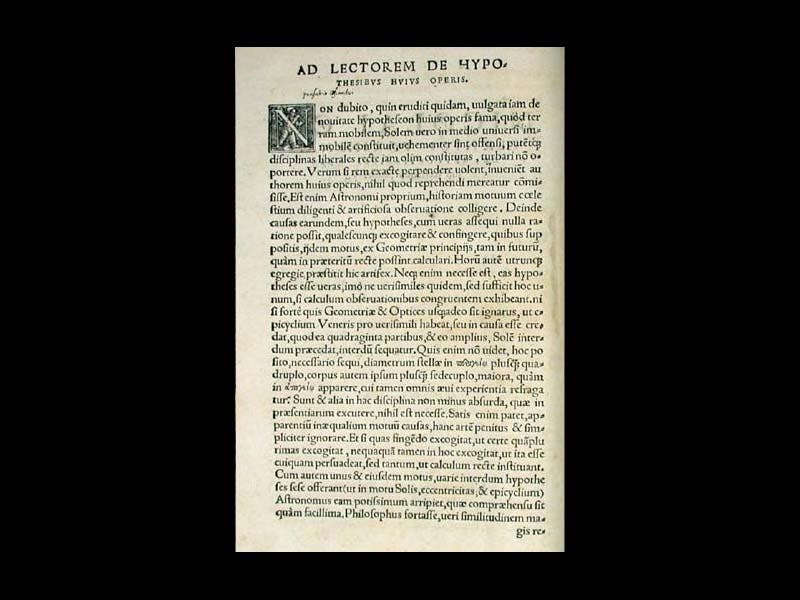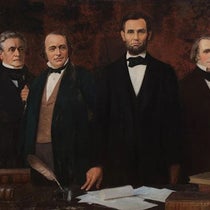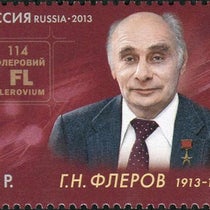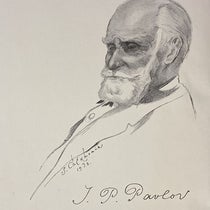Scientist of the Day - Andreas Osiander
Andreas Osiander, a German Lutheran theologian, was born Dec. 19, 1498. In 1542, Georg Joachim Rheticus was seeing Copernicus' great book, De revolutionibus orbius coelestium (On the Revolutions of the Heavenly Orbs, 1543) through the press in Nuremberg, when he got a call to a new post in Leipzig. He asked Osiander to take over the final editorial duties, and Osiander agreed. He then took it upon himself to write a short "To the Reader" to appear before the text of Copernicus’ book. In his contribution, called “On Hypotheses,” Osiander made the point that astronomers necessarily use hypotheses in constructing planetary models, but these hypotheses need not be true, or even probable, to be useful. The implication was that Copernicus did not believe in the heliocentric hypothesis that is at the core of his book. Osiander's view on hypotheses was in fact that standard position in astronomy before Copernicus; few mathematical astronomers believed in the reality of epicycles and deferents, but they were happy to use them to calculate planetary positions.
But, in this instance, there were two problems: Copernicus did believe that the sun was really the center of the solar system, and Osiander's preface was unsigned, making it appear that Copernicus wrote it, and so the preface was a complete misrepresentation of Copernicus’ actual views. Copernicus died about the time his book appeared and could not complain, but Rheticus screamed bloody murder. However, it made no difference--the deed was done. It wasn't until fifty years later that Johannes Kepler deduced that Copernicus did not write the preface, and Osiander did. Our copy of De revolutionibus in the History of Science Collection has Osiander's name written in by an early reader, but this page is not available online. So we show you instead the copy at the University of Glasgow, where Willebrod Snel, the former owner of the Glasgow copy, has also penned in Osiander's name, just below the title at upper left (second image). Moreover, on the title page of the book (third image), Snel wrote in next to the title that, because of Osiander’s inscription, Copernicus was quite distressed when he saw the book, just before he died. We don’t think this is true, since Copernicus had suffered a stroke, but a lot of other people were certainly angered by Osiander’s anonymous “To the Reader.” This one-page preface has come to be Osiander’s principal legacy, completely overshadowing his considerable contribution to the spread of the Lutheran reformation in Nuremberg.
Dr. William B. Ashworth, Jr., Consultant for the History of Science, Linda Hall Library and Associate Professor, Department of History, University of Missouri-Kansas City. Comments or corrections are welcome; please direct to ashworthw@umkc.edu.

